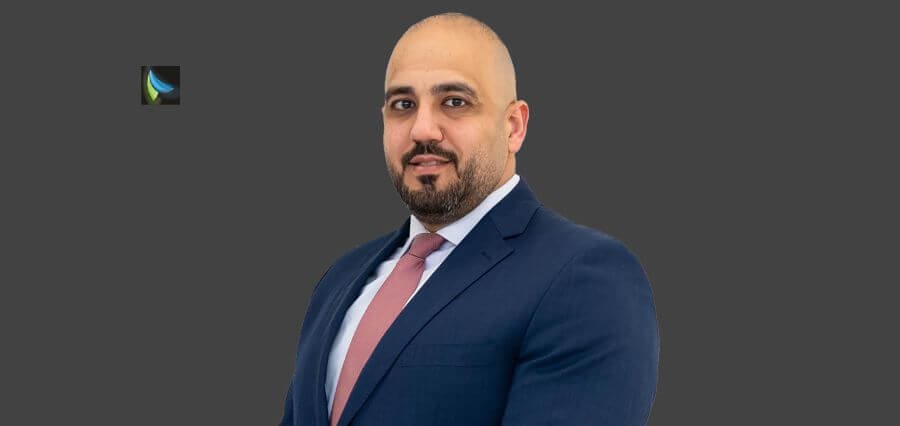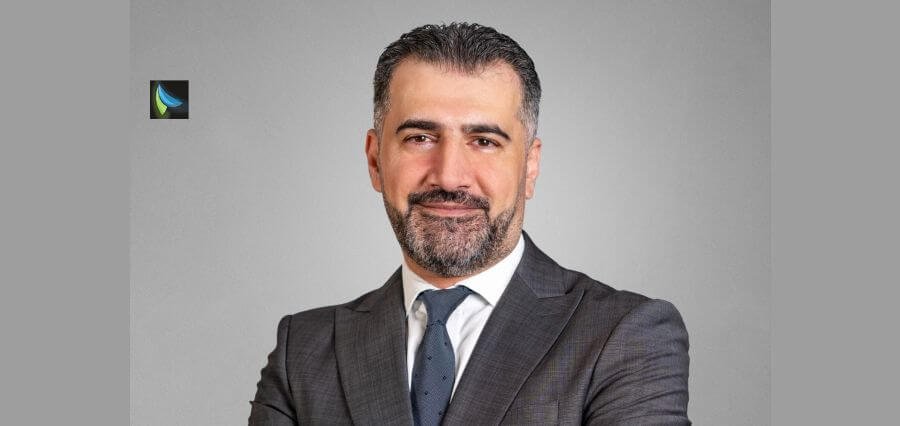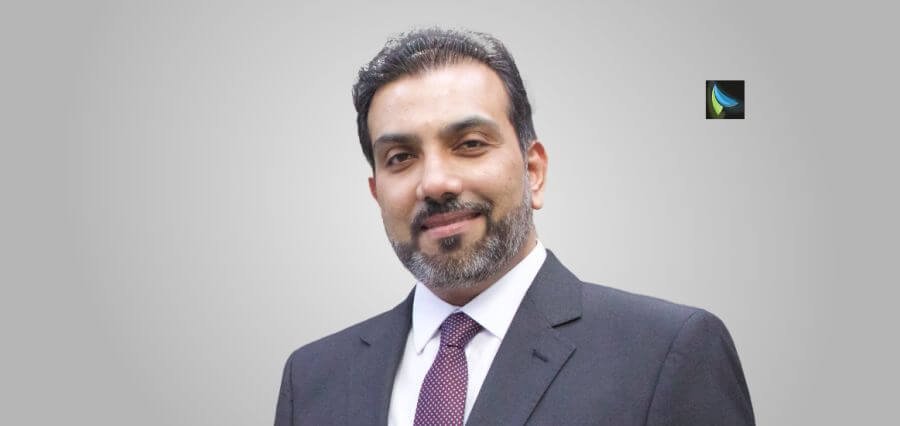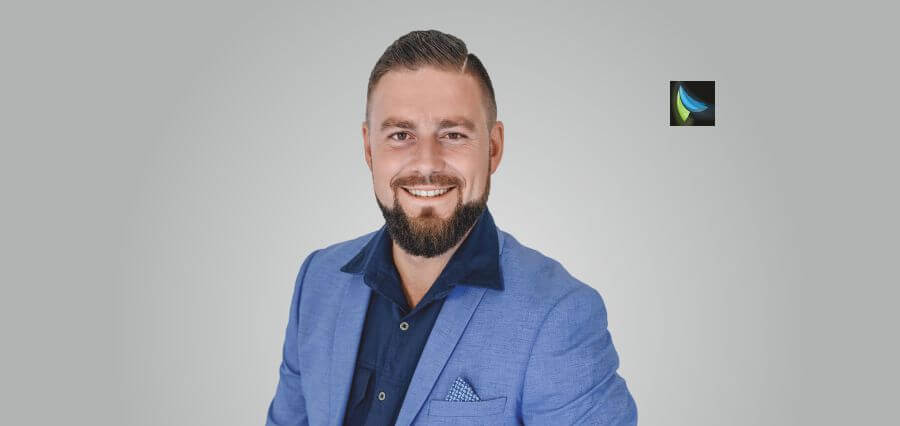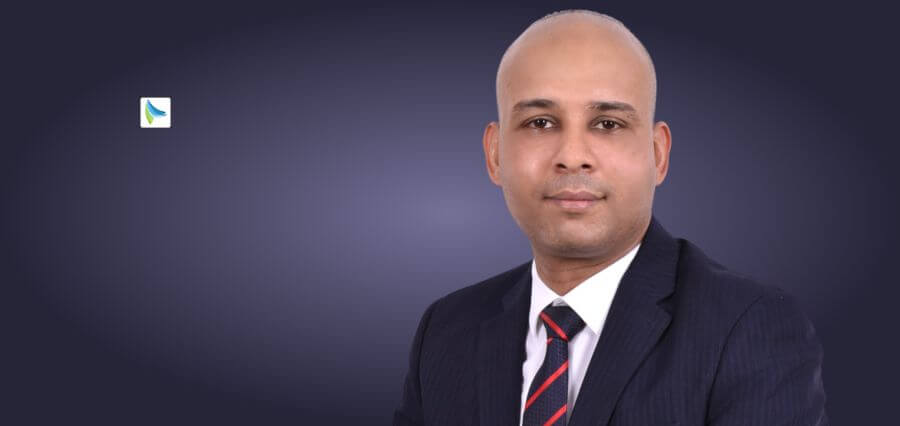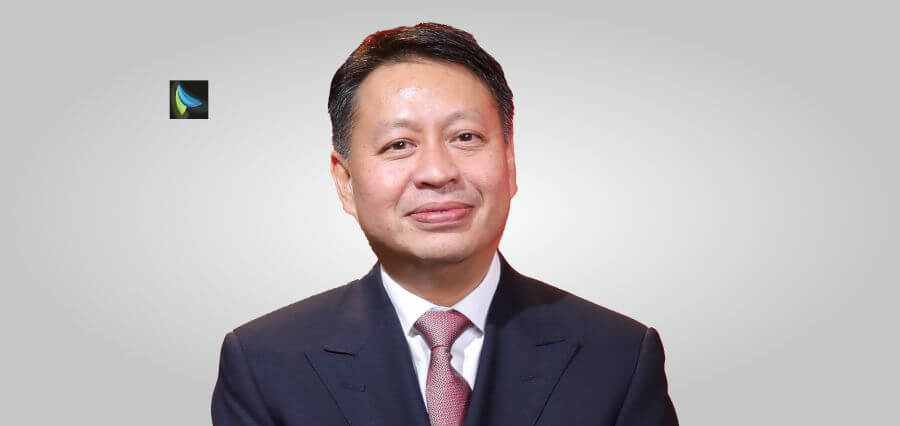Redefining Financial Excellence in the Middle East!
Owing to a strong awareness of the complicated balance between financial growth and sustainability, visionary business leaders like Omar Alnaimi are making tremendous achievements in the finance sector, where economic landscapes are quickly altering.
In the core of the Middle East, he is not only managing financial issues but also redefining them. His inventive ways include assisting firms to grow while tackling urgent social and environmental issues, ensuring that success does not come at the price of future generations.
As a CFO at Al Saqer Property Management LLC, he highlights the significance of connecting financial strategy with environmental, social, and governance (ESG) values. Omar is a key person in the financial sector, using his knowledge to include sustainability in financial decision-making.
By supporting appropriate investing techniques and cultivating an accountability culture within his team, he not only drives financial success but also contributes to the region’s long-term sustainability. His work shows finance’s revolutionary capacity to create long-term good consequences for society and the environment.
Let’s know more about his journey.
A Journey to CFO
Omar began his career as an accountant, initially performing manual entries without any systems. Through dedication and hard work, he advanced to various roles, including Senior Accountant, Chief Accountant, Finance Manager, and Financial Controller, ultimately achieving the position of Chief Financial Officer (CFO).
In his role, he ensures adherence to proper bookkeeping practices, producing accurate financial reports that comply with international standards. These reports are crucial for strategic planning, revenue generation, and portfolio diversification, while also overseeing budgeting, forecasting, cash flow, risk management, and maintaining internal and external audits.
Inspiration in Finance
Omar’s career in finance was inspired by the Middle East’s, particularly the UAE’s, potent market and economic development. The region’s diverse market portfolios, thriving economic hub, and vivacious business environment supported his decision to pursue a career in finance in this growing region.
He is driven to make a significant impact on the Middle East’s ongoing development and establish his name in the financial industry. The opportunities for growth and innovation in the Middle East have deeply motivated him to contribute to its success and contribute to its flourishing market.
Navigating Challenges and Opportunities
Omar recognizes the key challenges and opportunities businesses face in the region. One of the main challenges is keeping up with the constantly changing demands driven by the rapid introduction of new trends. The market is diverse yet saturated, posing challenges for businesses to assert dominance while also presenting opportunities for expansion into untapped areas.
In this progressive economic domain, CFOs play an increasingly crucial role. They are responsible for overseeing financial operations and fostering synergies across departments to unlock the company’s maximum potential. CFOs serve as strategic leaders, guiding their organizations through market complexities by analyzing financial trends, assessing risks, and identifying opportunities for growth and innovation.
Strategies for Financial Stability and Growth
Omar employs various strategies to ensure financial stability and growth within his organization. He begins by streamlining the company’s budgeting and forecasting processes, aligning them with actual performance and current market conditions. He then focuses on diversifying revenue by adding new income streams and implementing effective cash flow management practices to ensure business continuity.
Cost control is a critical factor, but Omar also emphasizes the importance of maintaining an emergency fund as a financial buffer for unforeseen circumstances. Setting clear company strategies and objectives is vital, and continuously refining financial practices and reporting to align with these goals is key.
He closely monitors financial data and promptly addresses any issues through corrective action. By implementing these practices, he helps the company navigate challenges and seize opportunities for long-term sustainability and success.
Perspective on the Future of Finance
Omar identifies the urgent need to adapt to technological advancements that streamline financial management and decision-making. The integration of transaction flows through operations until they reach the finance department significantly reduces data-gathering time, allowing for more accurate, timely decisions while minimizing errors.
He believes Artificial Intelligence (AI) and Machine Learning (ML) will continue to revolutionize decision-making by offering data-driven insights and predictive analytics. These tools can analyze large volumes of data in real time, identifying patterns, trends, and anomalies that would be difficult for humans to detect. As AI and ML evolve, they will enable finance teams to become even more responsive, data-driven, and proactive in shaping their organizations’ futures.
Approach to Risk Assessment and Mitigation
Omar takes a proactive approach to risk assessment and mitigation in his financial strategies. He begins by creating a comprehensive risk map to identify potential risk areas, analyzing each risk to minimize them, and taking precautionary actions. Proper monitoring, timely reporting, and continuous risk monitoring are crucial, with a focus on addressing risks according to a designed process.
To ensure compliance, he emphasizes having the right policies and procedures in place, along with educating and training employees on compliance standards. He also leverages technology to enhance the tracking, monitoring, and reporting of compliance data, maximizing efficiency and mitigating regulatory risks.
Building a High-Performing Finance Team
Omar nurtures a culture of financial excellence and accountability within his team by setting clear goals, expectations, and KPIs. He empowers his team, giving them the authority to act while supporting them through mistakes, which serve as valuable learning opportunities. He stays engaged, monitors performance, and communicates directly, building team confidence and enabling creativity.
To attract and retain top financial talent in a competitive market, he creates a comfortable workplace where employees feel valued, appreciated, and respected. He offers solid benefits, compensation, and great job conditions, giving his organization a competitive advantage over others. By implementing these strategies, he builds a high-performing finance team that drives organizational success.
Collaborative Approach
Omar accentuates the importance of collaboration across departments to achieve financial objectives within the organization. He believes that fostering a unified team begins with clear communication between the finance department and other areas. Involving various departments in the planning phase and understanding their needs streamlines productive communication.
As a “Modern CFO,” he advocates for engaging directly with operational hubs to grasp non-financial transactions. This approach allows him to communicate effectively with non-financial stakeholders, conveying financial insights and recommendations without relying on technical jargon, thereby enhancing overall organizational understanding and collaboration.
Sustainable Financial Decision-Making
Omar integrates sustainability considerations into his organization’s financial decision-making and planning, guided by the three pillars of environmental concerns, socially responsible practices, and economic cooperation.
He evaluates investment decisions based on financial returns and environmental, social, and governance impacts, considering factors like climate change, gender equality, human rights, and corporate transparency. By incorporating these criteria, he promotes equitable, inclusive, and environmentally friendly economic growth.
To support sustainability, he has initiated projects that invest in energy-saving technologies, including solar systems to reduce reliance on non-renewable energy sources and IoT sensors to monitor building assets and promptly identify issues. The company focuses on encouraging recycling practices, demonstrating its commitment to financial sustainability and corporate responsibility.
The Future of Finance in the Middle East
Omar foresees several key trends directing the future of finance in the Middle East. Private businesses are exploring innovative investment routes like equity crowdfunding and digital asset management, supported by blockchain technology.
AI and machine learning are enhancing data analysis and operational efficiency. ESG investments are increasingly important, driven by a focus on sustainability. Open banking will improve access to financial products, while strong cybersecurity remains crucial for protecting sensitive information.
He advises aspiring finance professionals to stay current with innovations and digital tools to remain competitive. Developing expertise in sustainable finance to align with regional trends and regulatory requirements is crucial. Building connections within the industry can provide insights, opportunities, and support as the market evolves.






